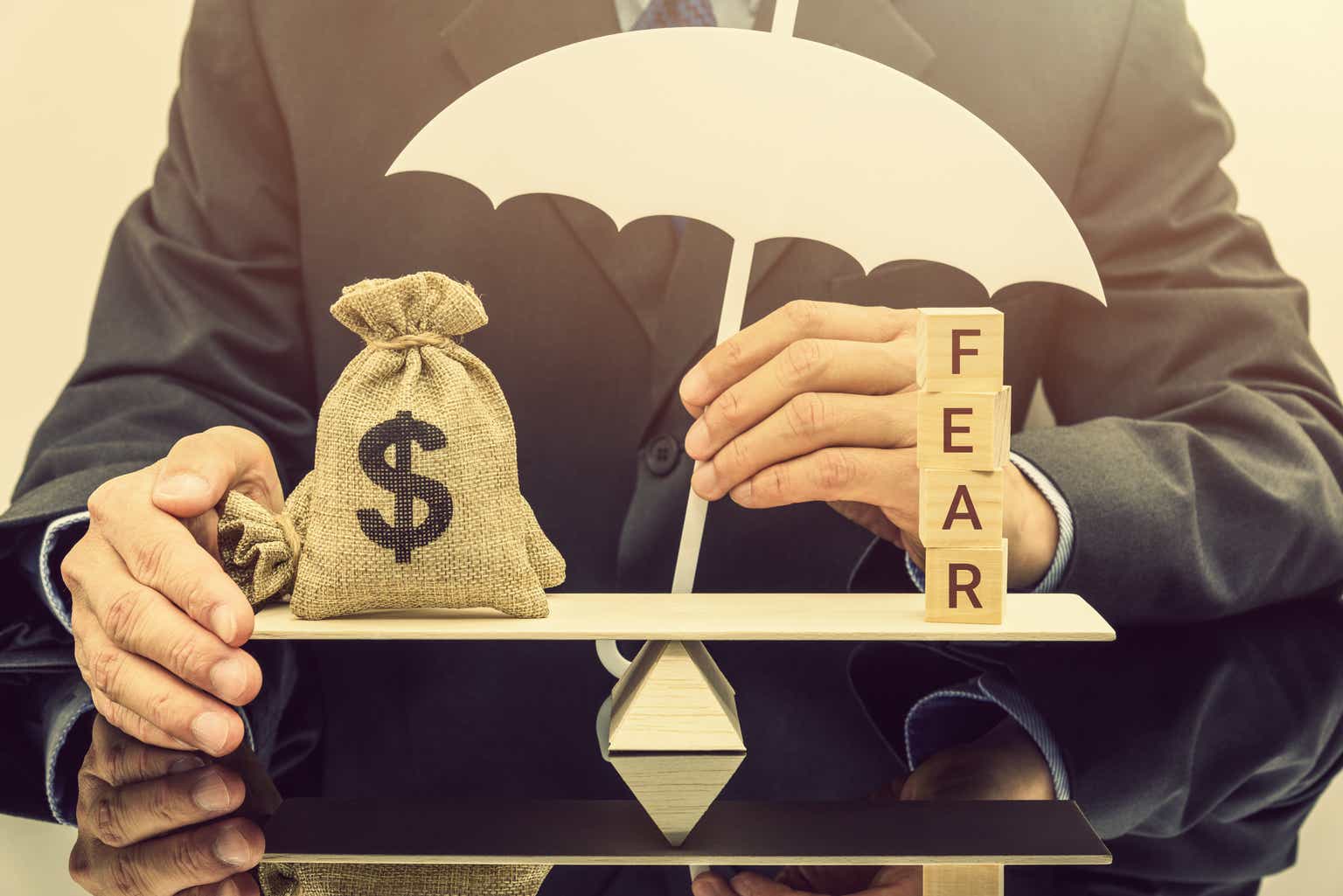The Mental-Health Toll of the California Wildfires Is Just Beginning
Survivors will long be dealing with lingering trauma from the fires. Here's what experts say helps.


Firefighters are making progress on containing the wildfires that have been raging for weeks in Southern California. But even once the physical threat of the fires diminishes, the mental-health toll will linger for months and even years, experts say. With thousands of people evacuated and homes destroyed, rebuilding people’s social and psychological resources is one of the next pressing challenges.
Mental-health crisis centers are already seeing a surge in wildfire-related calls from the Los Angeles area. Here’s what experts say survivors can expect as they process their experiences, and the resources available to them. [time-brightcove not-tgx=”true”]
“A real intense sense of uncertainty”
The national mental-health help line, 988, says they saw a five-fold increase in the number of calls from the Los Angeles region from Jan. 7, when the fires began, to Jan. 15. “We did a brief analysis of what people are talking about, and the predominant emotions people are experiencing are fear, grief, and a real intense sense of uncertainty,” says Tia Dole, a psychologist and chief 988 suicide and crisis lifeline officer. “For California, this is the beginning of the wildfire season—this isn’t the end. So what’s going to happen next?”
Dr. Shairi Turner, chief health officer at Crisis Text Line, a national mental-health support network that provides mostly text-based support and resources, says that texts from Los Angeles County have increased over the first few weeks of the year compared to the same time last year. Most of the discussions involved stress or anxiety. Counselors have been helping people struggling with the uncertainty of not knowing if they will be evacuated, feelings of isolation, and grief of losing their homes or having their lives interrupted with no practical plan for resuming daily activities. Some have also reported having difficulty with post-traumatic stress disorder (PTSD), as the current blazes trigger memories of previous fires and evacuations.
The near-term emotional toll of wildfires
“Typically in the beginning phases of a disaster, people are more focused on, ‘Do I have to evacuate? Where am I going? Has my house burned down?”” says Shari Sinwelski, vice president of crisis care at Didi Hirsch Mental Health Services in Los Angeles. But in the following weeks and months, “the focus is less on the physical and practical aspects of this disaster and more on how people are coping.”
Those affected by the fires may have a range of feelings, which can also show up in physical symptoms like a racing heart or sweaty palms, says Jason Moser, professor of psychology, kinesiology, and neuroscience at Michigan State University. They may feel a jumble of emotions: stress, sadness, anxiety, anger, fear, and more.
Read More: Can Hearing About Someone Else’s Problems Fix Your Own?
Some of those emotions may lead people to question their future and their safety. “Some people may come out of the experience thinking the world is a much more dangerous place and find dangers lurking everywhere, which changes their mindset of whether it’s safe to live a normal life,” Moser says.
Those emotions are normal, Moser says, and people should allow themselves to feel their full range in the days and weeks after the disaster.
The importance of seeking support
Anyone who feels like they need someone to talk to should reach out for help, experts say, but that doesn’t mean it needs to be professional help in the form of a therapist, psychologist. or psychiatrist. “Our main message is: seek support, whether that support is formal therapy, reaching out to friends or family members, or finding a group of people that have lived through a similar experience,” says Turner of Crisis Text Line. Having a robust social network makes a person less likely to develop PTSD.
Even those with a support network may struggle to process the loss and fear that comes with surviving a wildfire, and may develop PTSD. “Something like 70% to 80% of people who experience trauma don’t go on to develop PTSD, and about 20% to 30% do,” says Justin Baker, assistant professor of psychiatry and behavioral health at The Ohio State University and clinical director of the Suicide and Trauma Reduction Initiative for Veterans.
When it’s time to enlist professional support
In the days to weeks after wildfires, people are driven by a basic survival instinct that experts call the fight-or-flight response, which helps them become more focused and hyper-vigilant about their safety.
This adrenalin-driven mental state should switch off as the threat diminishes, but in some people, it may not. “The trick is not to stay there,” says Baker. “Within a month or so, if symptoms like hypervigilance and nightmares persist and are interfering with your quality of life, your work or school, and the relationships with your family and friends, then that’s a good indicator that you should reach out to a professional or engage more intensively with family.” People stuck in this state may be experiencing a stress disorder.
Read More: Why People Still Misunderstand Trauma
Another rule of thumb is to assess whether you feel any different than you did on the day the trauma began, says Moser. “If after the first month you are more or less where you were emotionally at day one, then you might want to reach out to someone,” he says.
Experts say professional interventions can include psychotherapy, cognitive behavioral therapy, and more. In PTSD treatment, for example, mental-health experts find ways to talk about and de-escalate the strong emotional responses people have to their experience, thus neutralizing them and decreasing their ability to cause anxiety.
Other ways to start healing
Staying connected to your social network can be very useful, say experts, although it’s important not to surround yourself with others who constantly ruminate on the disaster and its aftermath. “You don’t want to be on either extreme—you don’t want to not talk about [your experience,] and you don’t want to do nothing else but talk about it,” says Moser. Mindfulness techniques can also help.
What will work best depends on the person. “There is no one-size-fits-all solution when it comes to managing emotional responses,” says Ethan Kross, professor of psychology and management and organizations at the University of Michigan and director of the Emotion and Self Control Lab. “Some people might benefit by interacting more in a social support network, which can help them to reframe things, where other people might benefit from cognitive strategies and looking at the big picture.”
Getting back some semblance of a routine of eating, staying hydrating, and sleeping regularly may also help, says Moser, although doing so may be difficult in the early days.
Read More: Changing Your Diet and Lifestyle May Slow Down Alzheimer’s
Find ways to combat the negative thoughts and rumination that can take over—such as worrying about whether you have enough money to rebuild your home or whether or not government emergency funds will become available. Act on these worries where you can, says Moser, but since so much is out of any one person’s control, “focus on the fact that you are safe.”
Mental time travel is another strategy that he suggests. Imagine where you will be in a few months, such as in temporary housing, or living somewhere else, away from the threat and its constant reminders.
People can also use a technique supported by research showing that people are better at giving advice to others than to themselves. Talking to yourself in the second or third person is a way to do this; you’ll trick your brain into seeing things more objectively. “It sounds hokey, but we’ve done a ton of research that shows it works,” says Moser. “It takes the edge off and gets the brain to start giving yourself advice the same way you would give advice to somebody else.”
The important thing, says Kross, is to give yourself time to feel your emotions first and not rush to “resolve” or ignore them.
How to get immediate mental-health help
988 is the national number for those in crisis, and people can call, text, or chat with counselors. People can also text 741741 to the Crisis Text Line for text-based support. Local disaster and mental-health resources are also available. “We have very good treatments to help people get their lives back on track,” says Baker.
What's Your Reaction?































